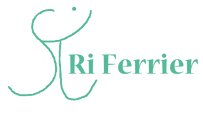|
May you walk in Beauty
|
Copyright of Ri Ferrier 2024
|
|
May you walk in Beauty
|
Copyright of Ri Ferrier 2024
|
